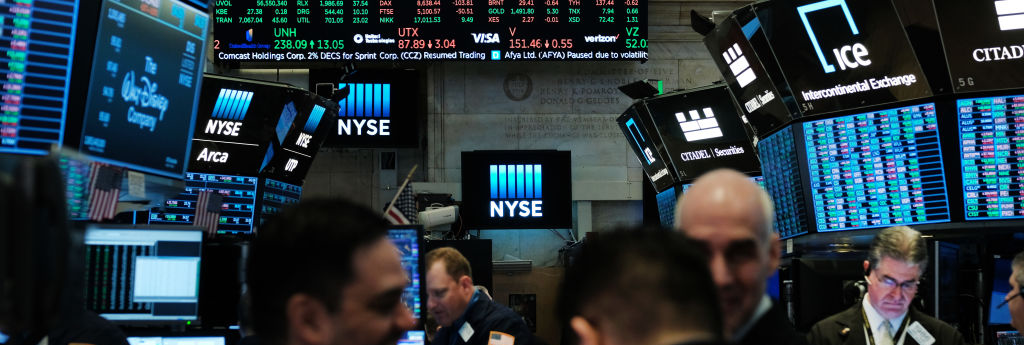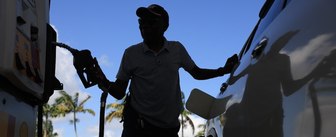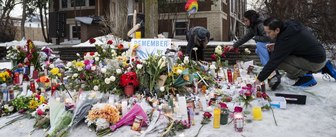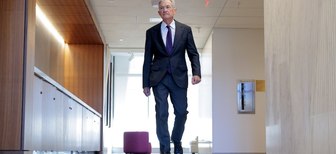Americans fear the economic impact of COVID-19 as much if not more than they fear the disease itself. Just about half the country (49%) in the latest Economist/YouGov Poll believes the economy is getting worse, up eight points in the last week, and the highest figure since 2011.
Nine years ago Americans were worried about the prospect of a double-dip recession, a debt-ceiling crisis, and continued high unemployment.
The concerns of 2020 aren’t all that different:
- One in four adults working full-time say their work hours have been cut.
- One in ten have been laid off from work.
- Two out of three believe the coronavirus epidemic will lead to a recession – and half believe the US is already in a recession.
Both Democrats and Republicans worry about a recession: 85 percent of Democrats and half of Republicans expect one. But Republicans are less likely to think the recession is here today.
Democrats are far more likely than Republicans to worry about the personal economic impact of a recession. About two in five (41%) Democrats, compared to 22 percent of Republicans, expect a recession to have a very serious impact on their personal finances. Republicans are also optimistic that the coronavirus crisis will end soon. One in three Republicans expect it to end within a month. Less than one in four Americans overall think that.
The virus has affected Democrats more in other ways, too. Democrats are paying more attention to news about the virus. About half (54%) of Democrats know of cases reported in their own community, 10 points higher than the percentage of Republicans who know of local cases. The Northeast, which includes New York (the state with the largest number of cases), is the hardest-hit region in the poll, the only one where more than half the respondents (55%) knew of coronavirus cases in their own community.
More Democrats than Republicans express concern about both a national epidemic and one in their own community. But in the last week, concern has increased dramatically across the board. The proportion of all adults who are now very concerned about a local epidemic has risen ten points to 27 percent today (nearly half, 47%, are somewhat concerned), while those who are very concerned about a national epidemic have jumped 14 points (to 49% today). The share that now describes the epidemic as a national emergency is up 16 points in the last week, to 81 percent today.
In fact, many Americans would describe the United States as “at war” with the coronavirus. That is a description Republicans are more likely than Democrats to use. Most Republicans also believe that this crisis should allow the president more power to act independently if he feels it necessary, even if that means that he will have to take away some Constitutional rights.
Those who believe the country is at war are more willing to give the president more powers. However, partisanship matters for both questions. After all, the war powers would be given to a Republican president. Three months after the September 11, 2001 terrorist attacks, CBS News and The New York Times asked the same question. Most Americans, including 55 percent of Democrats, were willing to give George W. Bush, another Republican president, those powers to fight against terrorism.
Because of his frequent television appearances discussing the virus and the government’s response appears Trump seems to have raised his approval rating on handling this issue to its highest level in this poll: nearly half (49%), approve, while 44 percent disapprove.
The president’s overall approval rating has also improved, to 46 percent, the highest this poll has recorded in his presidency. However, slightly more Americans, 49 percent, disapprove.
There are still doubts about the president. Although 42 percent are confident in his ability to handle the coronavirus outbreak, 47 percent are uneasy. In addition, as was the case last week, more believe state and local governments are doing an excellent or good job handling the outbreak than say this about the federal government. More than half believe the federal government is doing only a fair or a poor job; more than half think their state and local governments are doing good or excellent jobs.
Related: Most Americans don’t trust President Trump for accurate COVID-19 information says CBS/YouGov Poll
See the toplines and crosstabs from this week’s Economist/YouGov Poll
Image: Getty










